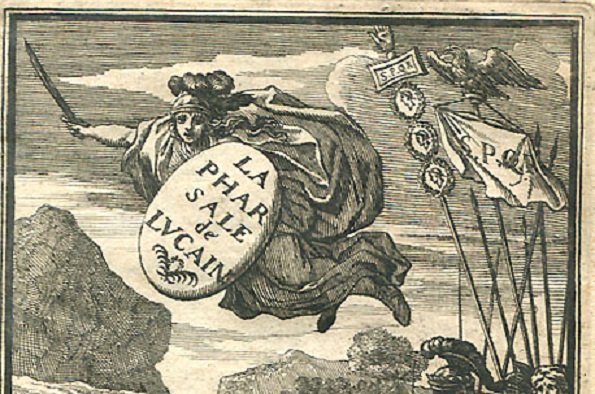
The Dark Side of the Buffoon: The Tyranny of Lucan’s Pompey (Elaine Sanderson, University of Liverpool)
Add this event to my calendar
Click on "Create a calendar file" and your browser will download a .ics file for this event.
Microsoft Outlook: Download the file, double-click it to open it in Outlook, then click on "Save & Close" to save it to your calendar. If that doesn't work go into Outlook, click on the File tab, then on Open & Export, then Open Calendar. Select your .ics file then click on "Save & Close".
Google Calendar: download the file, then go into your calendar. On the left where it says "Other calendars" click on the arrow icon and then click on Import calendar. Click on Browse and select the .ics file, then click on Import.
Apple Calendar: The file may open automatically with an option to save it to your calendar. If not, download the file, then you can either drag it to Calendar or import the file by going to File >Import > Import and choosing the .ics file.
In this paper I propose an alternative, darker, reading of Lucan’s Pompey and suggest that tyrannical traits and behaviours are more prominent in his actions than previously thought. Taking Pompey’s execution (8. 608-636, 663-667), his dream of Roman adoration (7. 7-14), departure from Pharsalus (7. 677-689), and proposal of future plans (8. 261-326) as case studies, I will show that Pompey enacts qualities associated with the 1st century AD literary tyrants (McGuire 1999) through the placid expression concealing his thoughts, his unquenchable thirst for power, and his eroticised obsession with public adoration. I will therefore argue that the presence of such qualities serves to produce a more complex and penetrating picture of Lucan’s Pompey. This event is part of the Work in Progress seminar series
